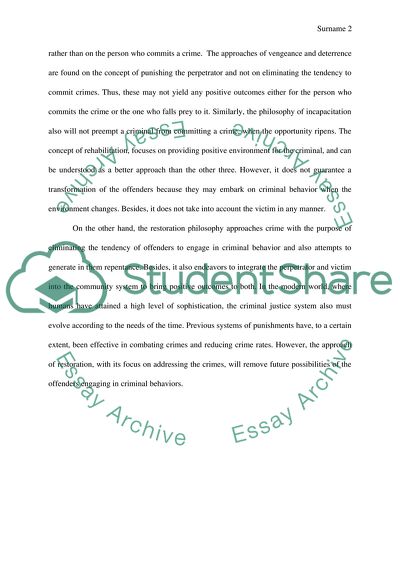TEXTBOOK CJ2012 FAGIN-Which philosophy of punishment do you believe in Essay. Retrieved from https://studentshare.org/law/1607898-textbook-cj2012-fagin-which-philosophy-of-punishment-do-you-believe-in-and-why
TEXTBOOK CJ2012 FAGIN-Which Philosophy of Punishment Do You Believe in Essay. https://studentshare.org/law/1607898-textbook-cj2012-fagin-which-philosophy-of-punishment-do-you-believe-in-and-why.


